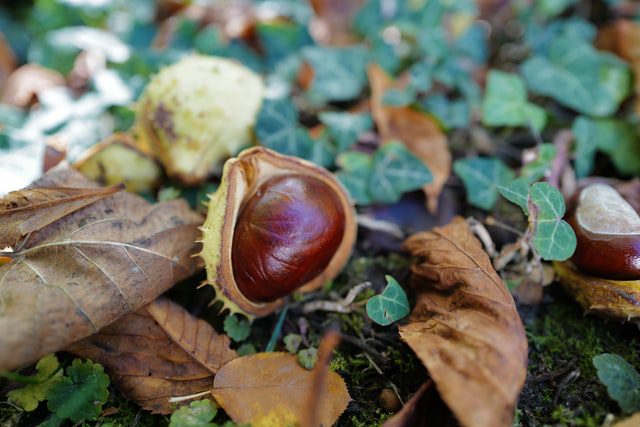Uses
A 2012 systematic review of 17 studies published between 1976 and 2002 suggested that horse chestnut seed extract can improve leg pain, swelling, and itching in people with chronic venous insufficiency when taken for a short time. Results from one of these studies suggested that the seed extract may be as effective as wearing compression stockings.
Preliminary evidence from one Chinese study suggested that escin, the main ingredient in horse chestnut, may help restore fertility in some men. However, since all the men in the study also received other supplements and drugs, it’s unclear whether the improvement was due to this compound alone or the combination approach.
Side Effects Of Horse Chestnut
The unprocessed seeds, leaves, bark, and flowers of horse chestnut contain esculin, which is poisonous and may increase the risk of bleeding. (Escin, on the other hand, is a different compound and is considered to be safe.)
Properly processing horse chestnut seed extract removes esculin. The processed extract is considered generally safe when used for short periods of time. However, the extract can cause some side effects, including itching, nausea, gastrointestinal upset, muscle spasm, or headache.
Other
Tell all your health care providers about any complementary or integrative health approaches you use. Give them a full picture of what you do to manage your health. This will help ensure coordinated and safe care.
Source
All information have been provided courtesy of MedLinePlus from the National Library of Medicine and from the FDA.



